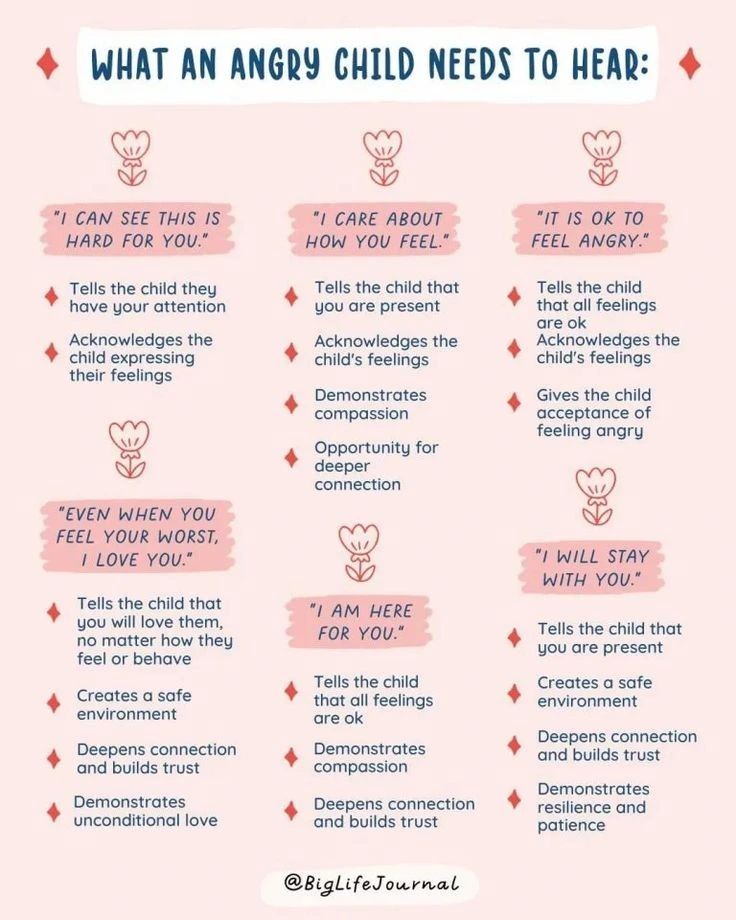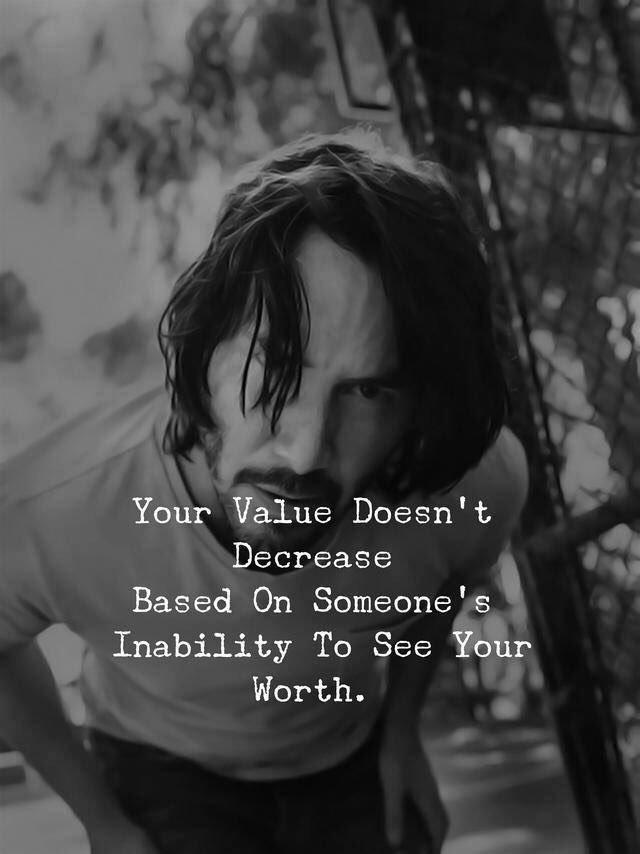Problem Spotting vs Problem Solving: Parents & Professionals
Here’s what I’ve noticed, sometimes children and young people have problems, sometimes there are issues with their behaviour, sometimes there’s issues with their emotional well-being, sometimes there’s issues with their health, there’s a variety of different sorts of problems that children and young people can experience.
Sometimes I experience parents and professionals who are keen to seek help for their young person and they are so keen to get the help that they need that they put more emphasis on highlighting and proving the problem than they do on helping the young person to solve the problem. Let’s say that we have a parent who suspects that their child has ADHD and they get the feeling that they’re not being taken seriously so they fill their kid up with sweets, sugar and cans of coke, it’s just like setting off the atomic bomb and they’re like see now look what’s happened.
Sometimes there’s perhaps a young person who’s particularly disruptive, maybe the teacher suspects that they’re on the spectrum in some way and to help highlight their point they maybe would allow them to sit with people that they know are going to push their buttons and that it’s going to end up causing disruption so that they can prove the point of see I told you there’s something wrong now look at what’s happened and whilst I respect and fully appreciate the need to get help or to get the right diagnosis or to shine a light on what’s going on there in order to better serve that young person in the future, I think that sometimes the focus is too much on getting that result instead of thinking about what can I do to help this young person in this moment.
My suggestion is that we flip it and that instead of putting all of our focus and energy into proving that there is a problem and we know that there’s a problem, we actually put that on the back burner a little bit and instead we make our priority, how do I best serve this young person because even though there’s something going on for them, something that I can’t reach, something that I can’t adjust myself, something that I possibly don’t have the skills to help them with even though I know that I cannot access and resolve that problem for them, how do I make their situation the most comfortable.
I believe that sometimes we are overusing labels, I think that sometimes we are too quick to identify a problem and when you have successfully achieved that label, when you have successfully identified the problem, it doesn’t make the problem go away, the problems still there and this is part of why I think it is so much more important that the priority is how do we overcome the problems that we’re seeing here rather than how do I prove that this problem exists. If I make fixing those things my priority, then actually I might start to solve some of the problem. Now that can also have implications at times because maybe I’m in conflict with another third party to whom I need to prove that there are some issues like a local authority and if I start minimising the problem then they’re not going to take me seriously anymore and I might not get the support that I need to have.
There is that risk but if you condition yourself into problem spotting instead of problem-solving then even once you have your problem identified you will not be able to figure out how to now fix it and if you live in the UK you can mark my words that we will be very helpful in providing your young person with a label but if you think you’re going to get support on the other side of that you can think again. You have got to be self-empowered here, perhaps go against your natural instinct of identifying the problem and instead forget the identification of it and just start thinking about the treatment of it.
If you think about it ,if your child is physically unwell like unhealthy they break out in pimples or something and they’re crying and they feel sick and they’ve got a snotty nose and all of that sort of stuff going on, do you first google it to see what the issue is or do you go holy smokes they’ve got a high temperature I better take some layers of clothing off and get the medicine out or whatever it else is that you might need to do in that moment. Are you going to start thinking about treating the problem or identifying the cause of the problem first?
When you are in a crisis situation sometimes we need to know what is it that you’re dealing with but when the house is on fire you don’t start looking into the cause, you put the fire out, you don’t start getting out the text books and going maybe the oven is faulty, maybe there was an electrical error, you don’t do that you just put the fire out. I think we need to employ the same kind of psychology with the same degree of urgency into some of the challenges that we’re seeing in young people, forget finding the diagnosis, forget proving your point about how badly behaved they are or how deeply emotionally disturbed they might be, forget that, that can come later.
The most important thing is how do I’d meet their needs right here, right now, that needs to come first. I think we should go forward with a mindset of problem-solving instead of problem evidencing and let’s just see what that does. I wonder what that would look like, problem solving instead of problem evidencing?
The original version of this article was written by Gemma Bailey, director of www.NLP4Kids.org.
It was republished and rebuilt with additional content by NLP4KIDS PRACTITIONER Ian Davies. www.aylesburytherapyforkids.co.uk




